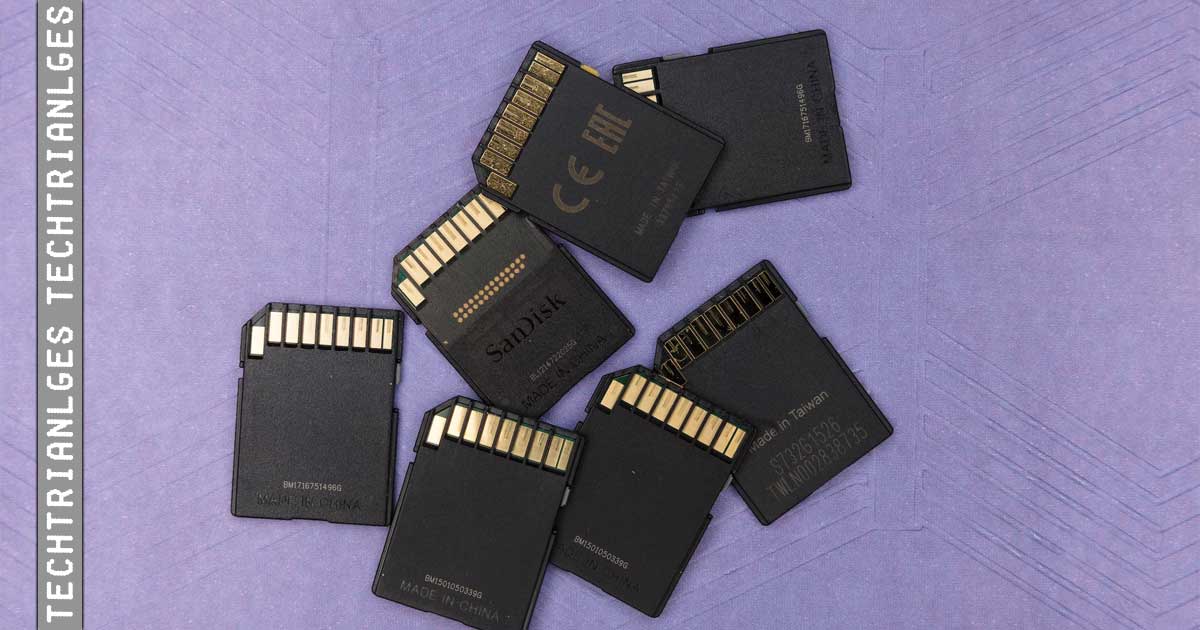New cloud solutions, led by platforms like Microsoft Azure, are changing the way we manage our companies’ information. Instead of internally interconnecting countless disparate devices – with the enormous cost, effort, and problems that usually entails – the cloud makes different comprehensive solutions available to all types of companies for managing their data.
Both Microsoft, Google, Apple, and Amazon offer different suites of applications and cloud services, and these are just the main technology companies working in this sector. There are many other medium-sized companies and even startups developing new cloud solutions, some trying to offer very specific products, and others offering comprehensive systems.
The convenience of some cloud systems is beyond doubt, especially in cases like Azure or Google Docs. In most cases we can find cloud solutions that suit many of our digital needs, but, as is often the case in the field of technology, no solution is magic. It is therefore important for us not to lose sight of the alternatives to the cloud, because, in some cases, they can be more effective.
What to look for when choosing a suite of cloud services?
Not all companies have the same needs, and, consequently, not all application suites and cloud services are equally convenient for all companies. The services offered by Amazon, for example, tend to be more convenient for companies that need to make use of cutting-edge cloud computing, while Azure is more recommended for office solutions integrated with Windows.
In the selection process, it is important to review in detail the variety of services offered, and the price of the global package of contracted applications. Is it possible to contract only the applications that we need, or are we forced to contract comprehensive packages with services that do not interest us? And, if this were the case, would it be advisable to have these extra services anyway, considering the scalability possibilities of our company?
We must also consider the commitment we make when integrating a suite of cloud services into our company’s systems since migration of services of this type requires a lot of effort, time, and money. It is not feasible to change suites year after year to take advantage of a handful of advantages offered by a rival suite, so it is essential to take a long-term view and estimate not only our current needs but also future ones.
Digital security must be at the forefront
On the other hand, it is crucial to keep in mind that uploading our data to a cloud platform is equivalent to losing a certain level of control over it. All large technology companies have suffered hacks at some point, and, although they continually strengthen their cybersecurity systems, any possible leak can leave our company’s private data exposed.
The solution to this problem involves, more and more frequently, combining various solutions. Cloud platforms can be used for the management of less critical data more related to the day-to-day life of our company, while solutions such as NordVPN’s Mesh Network can be used for the encrypted transfer of files of greater strategic importance.
In both cases, it is essential to establish the most robust cybersecurity measures that we have at our disposal to protect our access to these platforms. Whether we use a Mexico VPN to transfer files, or if we have contracted a suite of cloud services such as AWS, establishing strong passwords for our accounts and activating two-step verification are aspects that we should not omit in our digital security.
The importance of cold backups
Finally, we must not forget that all the advantages of cloud services can turn against us if we suffer a ransomware attack. This type of hack can encrypt access to all our critical files so that if we have them all exclusively online, we will not be able to recover them. We would be forced to pay the ransom requested by the hackers… or the permanent loss of the files, even after this expense.
Therefore, cloud solutions – regardless of what they are – must be complemented by off-grid backup systems. This way, we will have our critical data safe even if a ransomware infection occurs, and we will be able to restore this information without having to give in to extortion from cyber attackers. In addition, it will also guarantee us access to our data in the event of any other contingency.
When choosing a suite of cloud services for our company, then, there are multiple aspects that we must take into account. Cybersecurity must be at the forefront of any decision we make, and, from there, we must consider which are the most useful services and applications for our company, compare their monthly costs, and project the foreseeable needs of our company in light of the future. next years.








